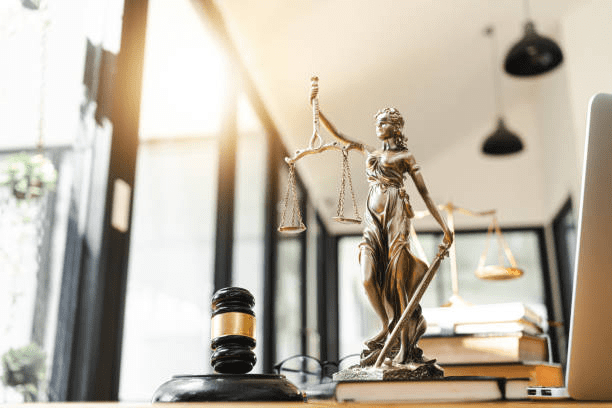Alabama is a beautiful southeastern US state. Getting accused of indecent exposure here is no joke. Even if the whole thing seems absurd or based on a misunderstanding, the consequences—criminal record, sex offender registration, employment issues—can follow you for years. But here’s what most people miss: you have constitutional rights designed for situations like this. Knowing how to use them? That can make all the difference.
Understanding indecent exposure laws in Alabama is critical if you’re facing charges. In Alabama, these cases are taken seriously, and prosecutors often pursue convictions aggressively. But that doesn’t mean you’re out of options. A skilled criminal defense attorney can challenge the evidence, question witness credibility, and ensure your rights are protected throughout the legal process.
What Does an Indecent Exposure Charge Actually Mean?
To convict someone of indecent exposure, prosecutors must prove specific elements: that the exposure was intentional, had a sexual purpose, and occurred in a place where others could reasonably see. While that might sound straightforward, these cases often hinge on subjective interpretations and circumstantial evidence.
According to the Bureau of Justice Statistics, sex crime arrests vary widely by jurisdiction, and conviction rates depend heavily on the quality of evidence and the circumstances surrounding the case. Not every accusation leads to a conviction—especially when the accused exercises their legal rights and mounts a strong defense.
What Are Your Constitutional Rights When Accused?
You have the right to remain silent. Use it. Talking to police without a lawyer rarely helps, even if you believe you’re innocent. Officers are trained to gather evidence—not to clear your name.
The U.S. Department of Justice emphasizes that constitutional protections exist for exactly these situations. You’re entitled to legal representation, a fair trial, and the presumption of innocence. Don’t waive these rights by trying to explain your side without legal guidance—it can backfire quickly.
How Can You Build a Strong Defense?
The most effective defenses focus on intent and context. Was the exposure truly intentional? Did you know others could see you? Was the location actually public? These questions matter. A good defense attorney will investigate the facts, gather supporting evidence, and challenge the prosecution’s narrative.
They may also bring in expert witnesses, review surveillance footage, or uncover inconsistencies in witness statements. Every detail counts when your reputation and freedom are on the line.
What Are the Potential Consequences of a Conviction?
The penalties for indecent exposure can be severe. Beyond fines and possible jail time, some convictions require sex offender registration. That designation can limit where you live, restrict employment opportunities, and carry a lasting social stigma.
Even a misdemeanor conviction can have long-term consequences. Employers, landlords, and licensing boards often conduct background checks, and a conviction for a sex-related offense can be a major red flag.
Key Takeaways
- Exercise your right to remain silent—anything you say can be used against you, even if you’re trying to explain.
- Constitutional protections are there for a reason—you’re entitled to legal counsel, due process, and the presumption of innocence.
- Strong defenses challenge the prosecution’s case—intent, location, and witness credibility are all critical factors.
- Convictions carry serious consequences—sex offender registration, job loss, housing issues, and social stigma are all possible outcomes.
- Early legal intervention is key—an experienced attorney can negotiate, challenge evidence, and protect your future.
One more thing: don’t underestimate the seriousness of these charges. Even if they seem minor or based on a misunderstanding, the consequences can affect your entire life. Get legal representation immediately, follow your attorney’s advice, and take every step seriously. Your rights—and your future—depend on how you respond right now.





























